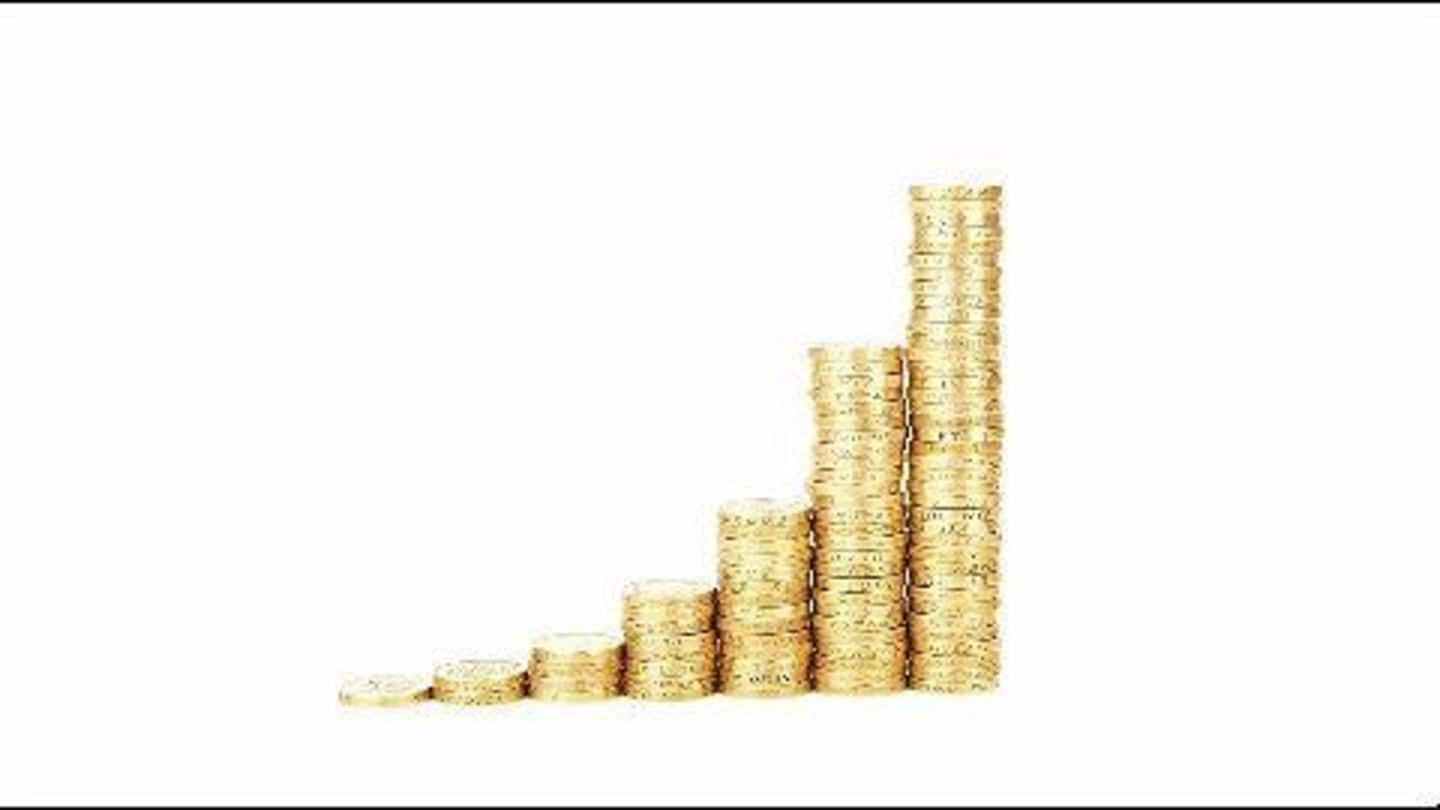
Indian economy likely to grow by 7-7.75%
What's the story
The Economic Survey 2016 said that the Indian economy was likely to grow by 7-7.75% over the next year. It maintained that the Indian Economy had a growth potential of 8-10%, but the existing gloomy global scenario would make it difficult to realise that potential. However, the Survey remained positive, describing India as a "haven of stability and an outpost of opportunity".
Definition
What is the Economic Survey of India?
The Economic Survey is an annual survey which is presented before the Parliament every year by the Finance Ministry of India, just before the Union Budget. It represents the Ministry's view on India's annual economic development.
Banking
The banking and the corporate sector
The Economic Survey 2016 said that prospects of reviving private investments are affected because corporate and bank balance sheets remain stretched. It said that the Government proposes to make available Rs.700 billion via budgetary allocations during the current year and succeeding years. It also said that the estimated capital requirement for banks would likely go up to Rs.1.8 trillion by 2018-2019.
Taxes
The Economic Survey on taxation for 2016-2017
The Economic Survey 2016 proposed to widen the tax net from the current 5.5% of earning individuals to above 20% and said that the easiest way to achieve this would be not to raise tax exemption thresholds. It said that tax revenue was expected to be higher than the budgeted levels in FY15-16. It also proposed to review and phase out tax exemptions.
Inflation
Projected inflation for 2016-2017
The Economic Survey 2016 expects the inflation for 2016-2017 to be around 4.5-5%, and expects the RBI to meet the 5% inflation target by March 2017. It said that confidence in price stability is on the rise as low inflation has taken hold. It also said that the prospect of lower oil prices in the medium term would dampen inflation expectations.
Currency
The Economic Survey on currency
The Economic Survey 2016 said that India needs to prepare itself for a major currency readjustment in Asia, in the wake of a similar currency adjustment in China. It said that the Rupee's value must be fair, something which can be achieved through monetary relaxation. It also said that a gradual depreciation of the rupee could be allowed if capital inflows were weak.
Deficits
Current account and fiscal deficits for 2016-17
According to the Economic Survey 2016, 2016-2017 is expected to be a challenging year from the fiscal point of view. It said that the 2015-16 fiscal deficit, seen at 3.9% of GDP, seemed achievable. However, "credibility and optimality argue for adhering to a fiscal deficit target of 3.5% of GDP". The current account deficit for 2016-2017 is expected to be 1-1.5% of GDP.